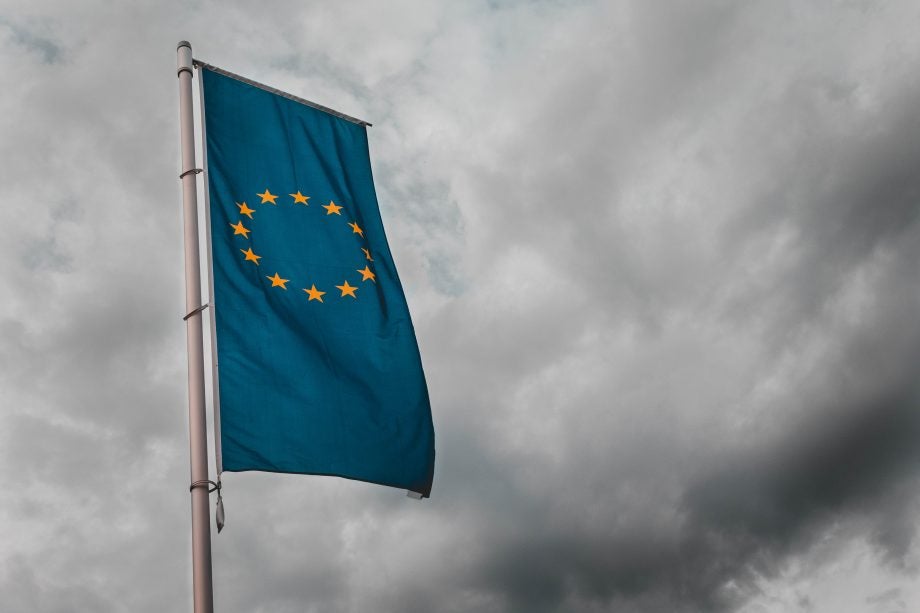Controversial EU copyright law passes, but memes and GIFs have been saved

The European Union has voted through new copyright laws, including the controversial Article 13, which will see a major clampdown on user-generated content.
The highly-contentious Article 13 within the new Copyright Directive is designed to ensure copyright protected works aren’t published online without permission, and will hold tech firms responsible whenever the new rules are broken.
Initially it was feared Article 13 would spell the end for user-generated memes and animated GIF files, but an amendment to the article means they will no longer suffer under the new copyright law. Memes, for example, have been “specifically excluded” from Article 13, which will see the introduction of an upload filter designed to prevent copyrighted content appearing on sites in the first place.
The soon-to-be-unemployed MEP for London Mary Honeyball told the BBC: “There’s no problem with memes at all. This directive was never intended to stop memes and mashups. I think that’s doom-mongering. People who carry out their business properly have nothing to worry about at all.”
While that’s great news for social media users and Redditors, who’ll no longer see their creations purged by the platforms amid fear of reprisals, there are fears the new laws could harm smaller publishers and the digital economy as a whole.
Google Europe issued a statement via Twitter claiming: “The #eucopyrightdirective is improved but will still lead to legal uncertainty and will hurt Europe’s creative and digital economies. The details matter, and we look forward to working with policy makers, publishers, creators and rights holders as EU member states move to implement these new rules.”
Julia Reda, a German MEP called it a “dark day for internet freedom.”
Dark day for internet freedom: The @Europarl_EN has rubber-stamped copyright reform including #Article13 and #Article11. MEPs refused to even consider amendments. The results of the final vote: 348 in favor, 274 against #SaveYourInternet pic.twitter.com/8bHaPEEUk3
— Julia Reda (@Senficon) March 26, 2019
MEPs voted in favour of the law by a margin of 348 to 274. There had been a last minute proposal to remove Article 13, but it failed by the slimmest of margins – just five votes.
Should member states choose to enact the new law, it’ll take two years to make it into law, kind of like the other major Article concerning Brits and the rest of the EU right now, huh?
What do you make of Article 13? A dark day for internet freedom? Or the protection artists have been crying out for? Let us know @TrustedReviews on Twitter.


